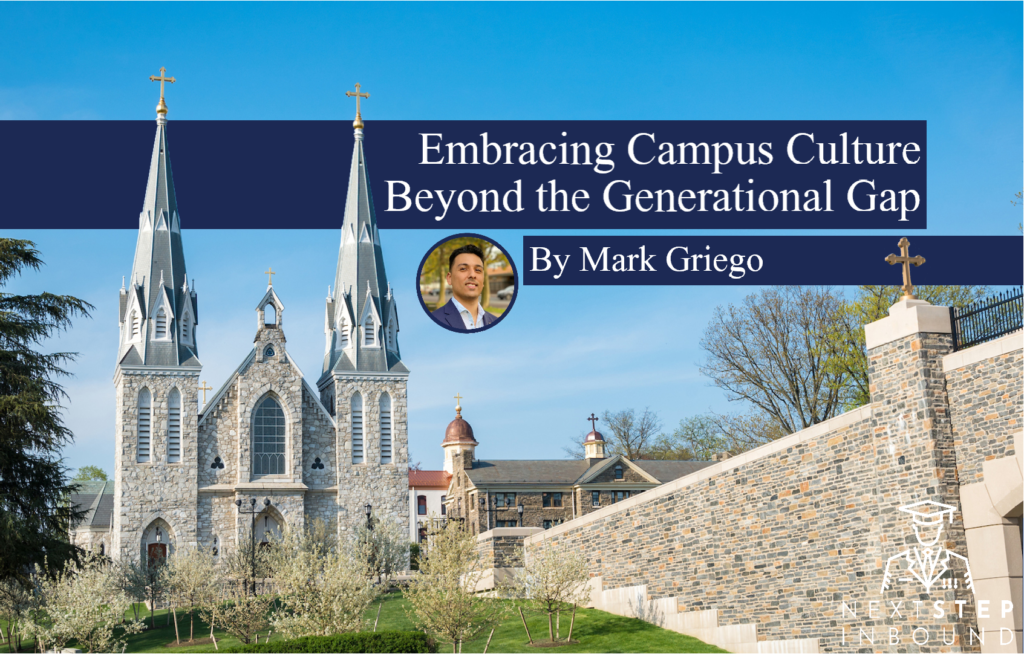
In most situations, the individuals who are most successful usually find themselves involved in more than just their studies. It takes having a strong social circle and building relationships with friends who are sharing your journey. Like the military, attending a university is made much more worthwhile if moments and experiences are shared with those around you. This is not an easy accomplishment from the perspective of a student veteran, nor is it an attractive one. How can a veteran possibly find common ground with a student ten years their junior? As unlikely as it may seem, these students usually are as helpful if not more helpful than the older student veteran population. The “Caritas Commitment,” which is shared by many universities, is something that Villanova instills within many of its youthful population. All of the students look out for one another and help each other, and in order to truly succeed in an environment like this, one must embrace this campus culture as a lifestyle.
In this giant puzzle that is the university, it is important to become a puzzle piece. Labeling oneself as an outsider or feeling like an outsider only creates more distance between the individual and the surrounding community. Instead, if one decides to immerse themself and embrace the community, they will likely find their time is much easier and much more fun. As the saying goes, “When in Rome, do as Romans do.” This actually holds true in order to be successful with college life as well. Whether it is joining a technology club, sports club, or a small study group, a growing network or growing community will only help individual growth in the long run. Generally, at any university or college where people take their studies seriously, it is almost automatic that the student population will be helpful.
I have found that while at Villanova, I can walk up to any individual, students, and faculty alike, with a question and get an answer that is helpful, which is only the beginning. My classmates have often helped me with homework study questions, and in return, I have helped them and answered their questions. The area of contention with student veterans is our desire to seek out success solely on our own or having a fear of looking for help from others. Whether that is due to being older, having more life experience, or fear of being the outsider, as veterans, we more often than not tend to place ourselves in a bubble. This bubble actually hurts us more than it helps us.
It is true student veterans are simply student veterans and not traditional students. This does not mean that we should treat college or campus life differently than traditional students. The goal should be to understand the dichotomy of being a veteran and being a student and embrace both lifestyles. While at school, we should strive to be students — attend the same events, join the same clubs, and make the same friends. Only then can we execute entirely and achieve the success we desire and are striving for. It is also possible to build a relationship with other student veterans through veteran clubs and activities. The first and most comfortable move would be to ask our veteran brothers and sisters, but sometimes the quickest and best option is to ask the young student in your class.
The veterans I have seen that struggle the most are those who feel like they are alienated on campus and in class. Sometimes, the best tutors are the younger, sharper minds that are sitting right next to us. Being a part of campus, as much as our busy schedules allow us to, is necessary for growth as a student, yet sometimes difficult. Being surrounded by youthful and energetic people can be intimidating, and while it is quite awkward not to be genuine and act like something you are not, it is still possible to find some common ground. Working with all of your classmates, fellow students, and campus population is imperative for a complete accomplishment in academia. The best move is to stray from self-alienation and move towards the path of integration.



